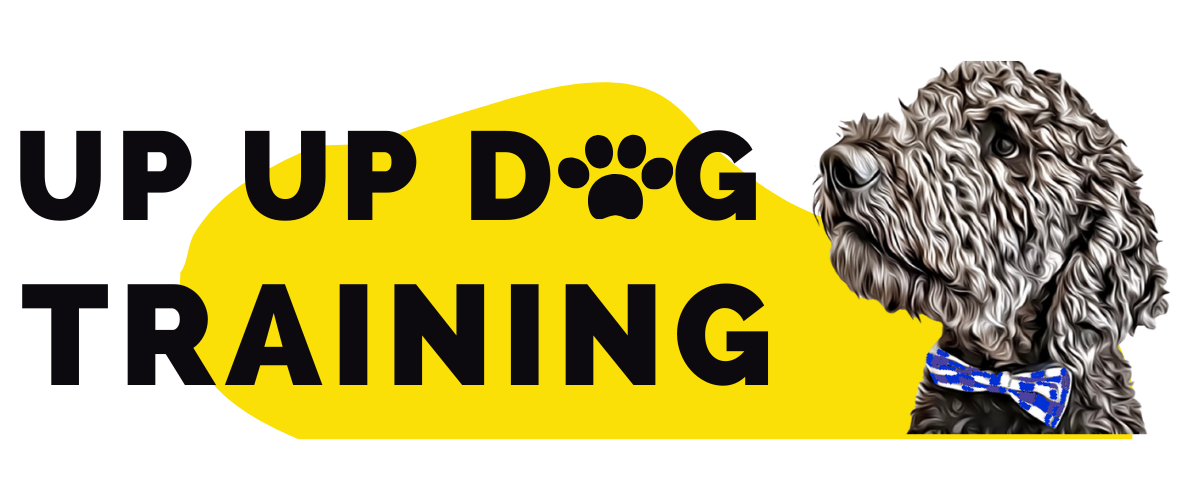Why is my dog suddenly more reactive?
A few days ago Bear and I were stepping out of our house to go for a walk when we saw our neighbour shovelling his driveway. Now, Bear knows this neighbour and is usually unfazed by people shovelling but for some reason that day, he started barking and lunging the moment we stepped outside.
“How weird,” I thought to myself. Ultimately, we decided to skip out on our walk that day since he didn’t seem to be in the best state of mind but I couldn’t stop wondering why he was suddenly reacting to our neighbour.
Later when I sat down and did some reflecting, I realized that Bear had quite a stressful day prior to the walk. The snow plow had come by earlier in the morning and made a huge ruckus, my partner had brushed his teeth and some kids had been outside our fence sledding. All of these things had led to his stress bucket overflowing.
The term ”stress bucket” is something I first heard used by Bear’s veterinary behaviourist. She used it to explain how much stress, both good and bad, a dog can cope with. Things like vet visits, car rides, windy weather and even playing fetch can fill up a dog’s bucket while quality rest, sniff walks and foraging activities can help create holes to empty the bucket. Just like how no two dogs are the same, no two buckets are the same either. Some Pomeranians, for example, may have enormous buckets with a hundred holes in them that help keep their buckets from filling up. On the other hand, you may also have some Golden Retrievers with thimble sized stress buckets that are constantly overflowing.
The size of your dog’s bucket and how fast it fills up depends on a wide range of factors such as genetics, physical and mental health, life experiences, learning history, etc. but regardless of how big or small your dog’s bucket is, you can help manage how filled it becomes. Write down a list of all the things that add to your dog’s bucket and all the things that help empty it. Keep a mental track throughout the day of how full their bucket becomes and actively work to create some holes. This can help prevent your dog’s bucket from overflowing which is when we start to see behaviours such as barking, lunging, growling and even biting. This also helps explain why your dog may suddenly react to something on one day while they’re able to cope with it on others.
